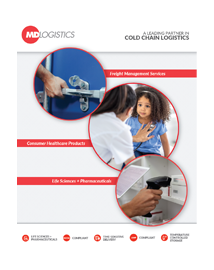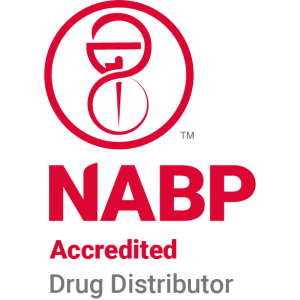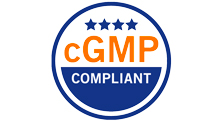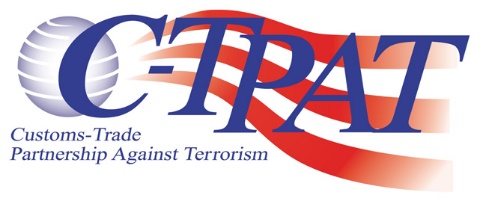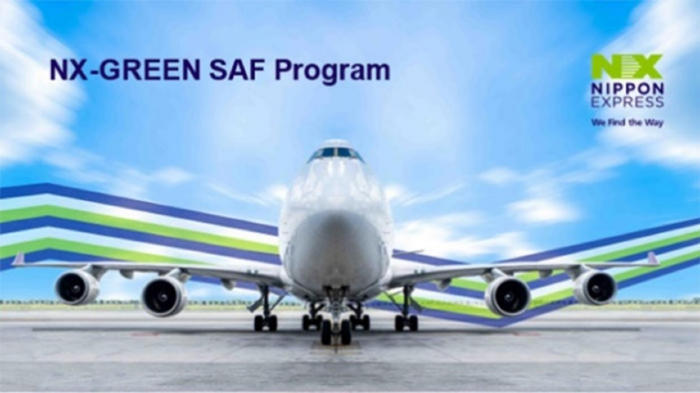
Nippon Express Co., Ltd. (President: Shinjiro Takezoe; hereinafter, “Nippon Express”), a group company of NIPPON EXPRESS HOLDINGS, INC. (President: Satoshi Horikiri), was selected on Thursday, August 5 as a designated cargo agent for the “Project to Promote SAF Use in Air Cargo Transport for Corporate Compliance with Scope 3 Requirements(*1)”(*2), a Tokyo Metropolitan Government-subsidized project.
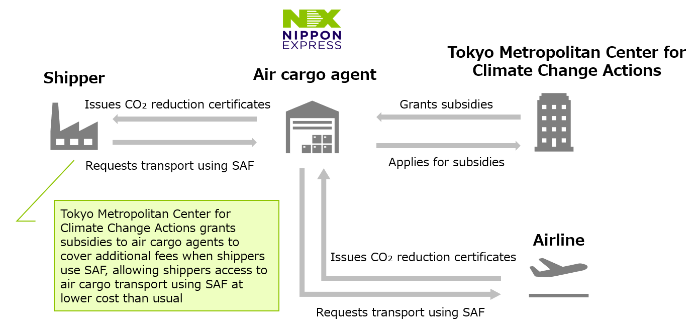
The “Project to Promote SAF Use in Air Cargo Transport for Corporate Compliance with Scope 3 Requirements” seeks to reduce CO2 emissions across companies’ entire supply chains. The subsidies it grants cover the additional cost of using SAF for air cargo transport through designated cargo agents until the end of March 2025.
The NX Group has positioned expanded SAF use as one of its initiatives to “develop and strengthen sustainable solutions,” a material issue for the Group, and it has been providing customers with the “NX-GREEN SAF Program” as well as participating in the “SAF Flight Initiative” offered by ANA. In recognition of such efforts to encourage wider use of SAF, Nippon Express has been selected as a designated cargo agent for this project.
In tackling climate change, the NX Group aims to reduce in-house emissions Group-wide (SCOPE 1, 2) by 50% from 2013 levels by 2030, and in May 2023 submitted a letter of commitment to obtain certification under the Science Based Targets initiative (SBTi). Its goal is to help bring about carbon-neutral societies by 2050 (SCOPE 1, 2, 3). Going forward, the Group will continue sharing its stances on environmental conservation with its stakeholders and pursue efforts focused on material issues to achieve the NX Group Sustainability Vision.
[Related releases]
■Nippon Express participating in ANA’s new program “SAF Flight Initiative: For the Next Generation”
https://www.nipponexpress-holdings.com/en/press/2021/21-Oct-21-1.html
■NX Group begins offering “NX-GREEN SAF Program” in Japan
https://www.nipponexpress-holdings.com/en/press/2024/10-Apr-24-1.html
(*1) The GHG Protocol, an international standard jointly developed by the World Resources Institute (WRI) and the World Business Council for Sustainable Development (WBCSD), classifies a company’s CO2 emissions into three categories:
Scope 1: Direct CO2 emissions from the company’s business activities
Scope 2: The company’s CO2 emissions from electricity consumption and other heat/power sources, etc., supplied by other companies
Scope 3: Indirect CO2 emissions from the company’s business activities (transport of products, employee commuting, business trips, etc.)
(*2) Tokyo Metropolitan Government “Cool Net Tokyo” website: https://www.tokyo-co2down.jp/subsidy/scope3
Source: Nippon Express
